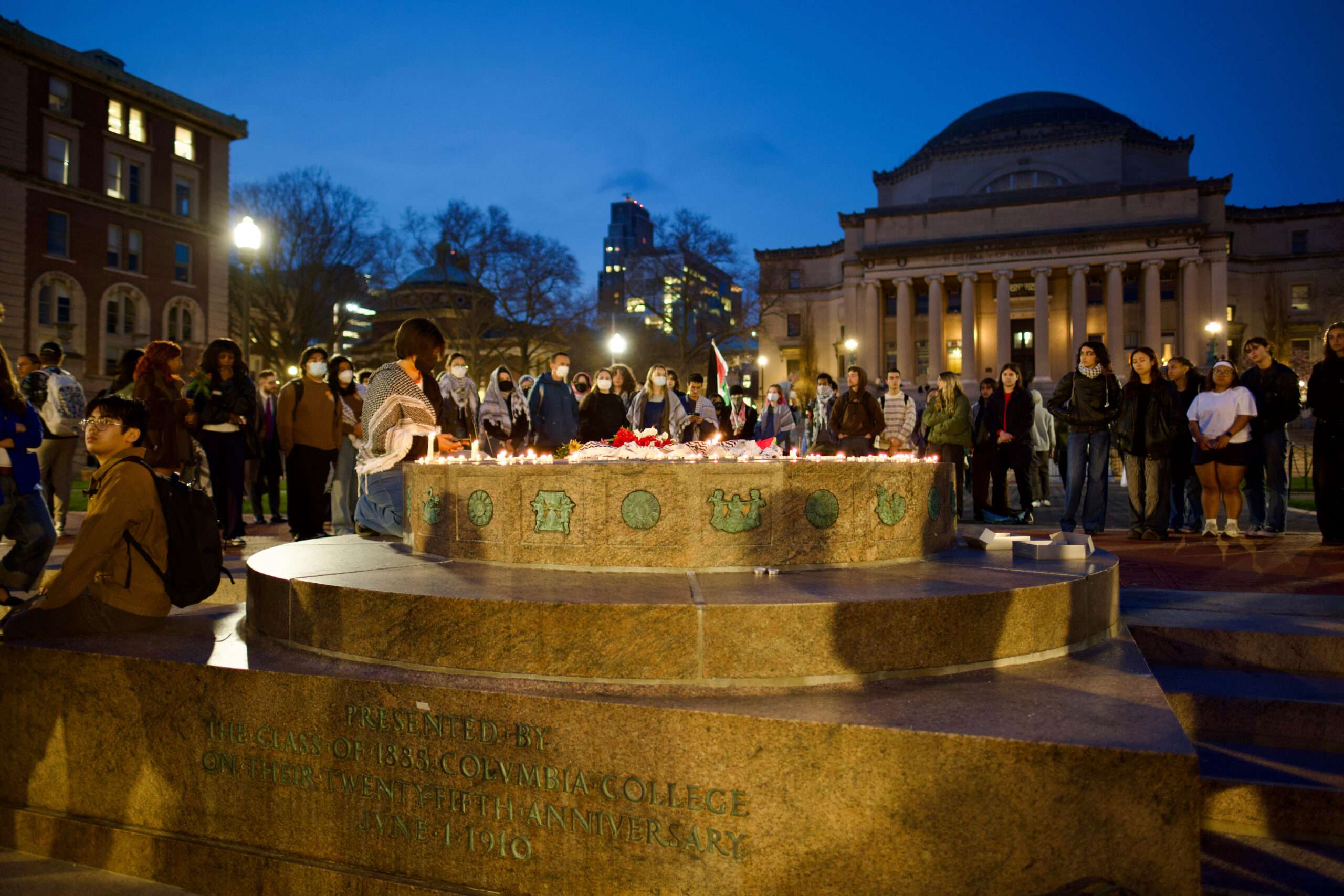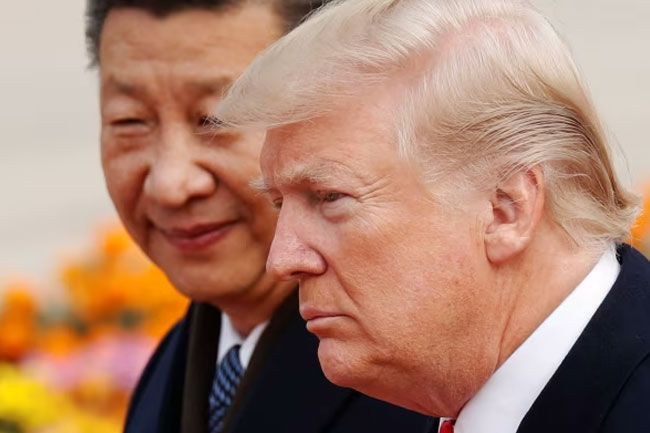Palestinian Activists Face Deportation Threats
In recent weeks, immigration authorities in the U.S. have targeted Palestinian students involved in activism, leading to arrests and significant legal battles. The controversial actions have stirred discussions nationwide.
Published April 16, 2025 - 00:04am

Image recovered from reason.com
Tensions have flared in the United States as immigration authorities continue to target Palestinian students involved in activism, leading to arrests and legal battles that have drawn national attention. In particular, the cases of Mahmoud Khalil and Mohsen Mahdawi, both affiliated with Columbia University, have become focal points in the discussion over the intersection of immigration policy and freedom of speech.
Mahmoud Khalil, a Palestinian refugee who grew up in Syria and is a permanent legal resident of the U.S., was arrested after participating in protests against Israeli actions in Gaza. Although he faces no criminal charges, the Trump administration argues that his activism presents adverse consequences for U.S. foreign policy interests and has sought his deportation. This move has drawn significant criticism from human rights advocates who view Khalil as a political prisoner being punished for exercising his rights.
In a similar vein, Mohsen Mahdawi, who also co-founded a Palestinian student group at Columbia alongside Khalil, was detained during his naturalization appointment. Mahdawi, who has been an outspoken advocate for Palestinian rights and criticized Israeli policies, has been living in the U.S. as a legal resident since 2015. His planned naturalization has now turned into a legal struggle against deportation.
The legal battles surrounding these cases have highlighted the complex and often controversial use of immigration laws in the U.S. Critics argue that the government's reliance on antiquated laws to deport activists is a strategy aimed at silencing dissent. Notably, a federal judge temporarily blocked Mahdawi's deportation, citing concerns over the lawfulness of his detention and potential implications for his rights.
The campaign against these activists has sparked protests and vigils at colleges across the country, particularly at Columbia University, where fellow students have rallied to support Mahdawi and Khalil. The arrests have also sparked a broader dialogue on American campuses about free speech, activism, and the rights of international students.
Political figures, local and national, have weighed in on the situation. Vermont lawmakers and activists have openly criticized the actions of the Immigration and Customs Enforcement (ICE) agents, framing the behavior as part of a broader overreach by the Trump administration against perceived political opponents.
Despite the legal challenges and personal risks, both Khalil and Mahdawi have articulated their commitment to advocating for Palestinian rights. Mahdawi, in particular, has stepped back from public activism but continues to engage with diverse communities to promote understanding and cooperation.
This situation is compounded by the political landscape in the U.S., where the Trump administration has taken a hard stance on immigration and political dissent. Secretary of State Marco Rubio has publicly affirmed the administration's position to revoke visas of Hamas supporters, increasing the stakes for activists like Khalil and Mahdawi.
As the situation unfolds, the legal teams representing Mahdawi and Khalil remain steadfast, seeking ways to protect their clients from deportation while also challenging the broader policy implications of their cases. The outcomes could significantly impact how similar cases are handled in the future and potentially influence international perceptions of U.S. immigration practices.
With legal processes still ongoing, advocates for Khalil and Mahdawi continue to highlight their cases as emblematic of broader human rights issues faced by activists around the world, calling for solidarity and support to ensure justice and fairness prevail in the face of political and legal challenges.







